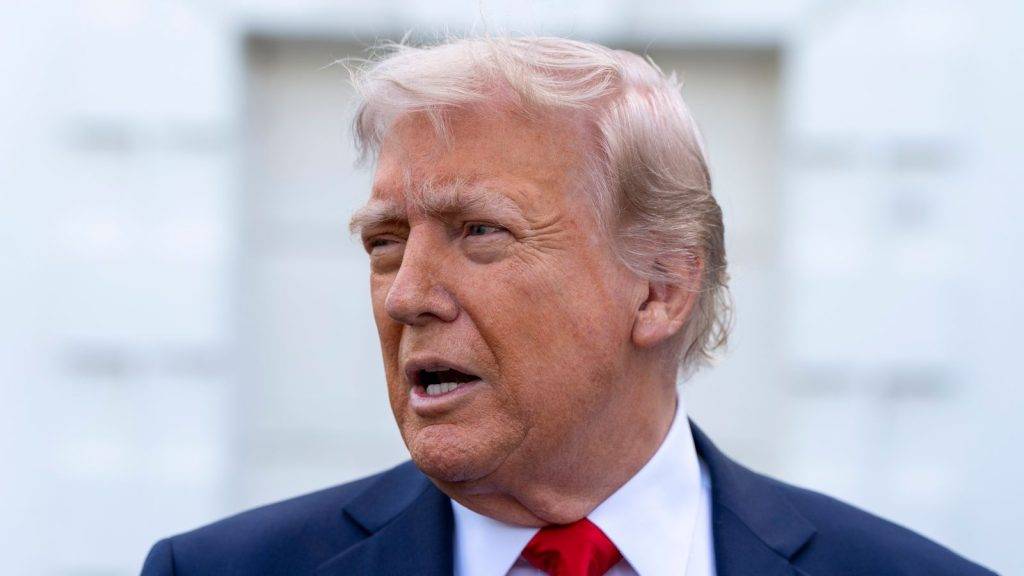Cliff Notes
- The White House is facing increasing pressure for a resolution to the Russia-Ukraine war, with Donald Trump claiming he is “very close” to a deal.
- US Secretary of State Marco Rubio’s warning that America may “move on” if a deal isn’t reached has not compelled Ukraine to concede, highlighting their constitutional constraints against recognising Russian claims.
- Vice President JD Vance has reiterated that the US will withdraw if both sides do not come to an agreement, but Trump’s rhetoric seems to focus solely on Ukraine’s stance while neglecting to hold Russia accountable.
Russia-Ukraine war: Trump ‘very close’ to a deal or very close to blaming Zelenskyy for the lack of one | World News
The White House is desperate for a breakthrough.
Donald Trump vowed to end the Russia-Ukraine war within 24 hours of assuming office.
This is day 94 of his second presidency.
Ukraine war latest: ‘We are very close to deal’, Trump claims.


